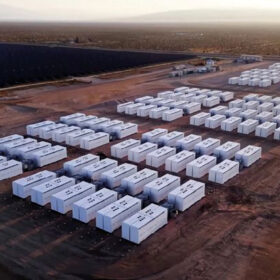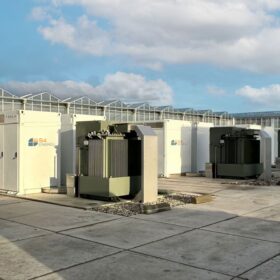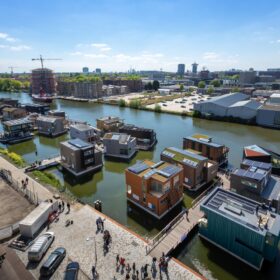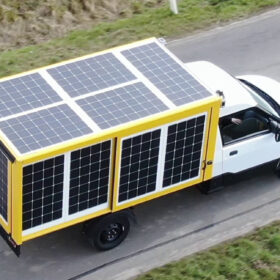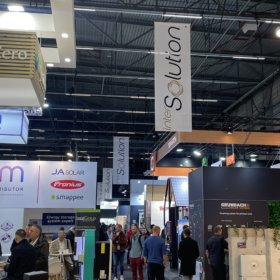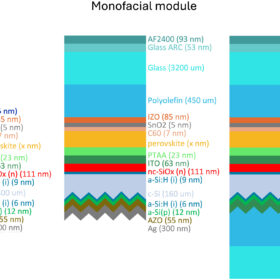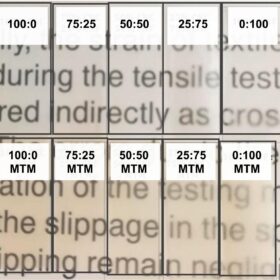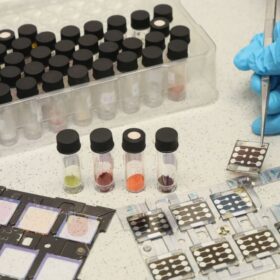Lion Storage closes finance on 1.4 GWh merchant battery in Netherlands
Tesla will provide 372 of its MegaPack 2 XL battery systems as well as engineering, procurement, and construction (EPC) services.
The Hydrogen Stream: H2 projects in Algeria and Mauritania under the spotlight
As Saudi-Algerian researchers report on the northern African country’s hydrogen potential, Denmark’s GreenGo Energy starts its 6 GW electrolysis hydrogen project in Mauritania.
New test method for curved VIPV surfaces
IEA-PVPS has conceived a new test method and analysis of the impact of curvature in vehicle-integrated photovoltaics (VIPV) surfaces. Over the course of an 8-day summertime trial in south-eastern France, the researchers found that the curvature triggered irradiance and temperature non-uniformity of up to 261W/m² and 13 C, respectively.
First four-hour battery storage in the Netherlands goes live
Rotterdam-based S4 Energy is now operating 10 MW / 40 MWh Tesla Megapack battery energy storage system (BESS) in the Netherlands.
Fraunhofer technology connects Dutch energy community to flexibility markets
Fraunhofer Institute for Industrial Mathematics (Fraunhofer ITWM) has linked an energy community on a canal near Amsterdam to the day-ahead and Dutch imbalance markets, cutting energy costs.
PV-powered electric vehicles can have up to 30% higher range
A European research team has installed solar panels on a light commercial electric vehicle and has tested their performance for four months. The vehicle was able to extend the range by 530 km, although not all panels contributed equally. System efficiency was measured at up to 66%.
InterSolution showcases solar innovations in Benelux market
More than 100 companies from eight different countries exhibited at InterSolution 2025, the largest solar energy trade fair for Belgium, the Netherlands and Luxembourg.
TU Delft research outlines optimization path for two-terminal perovskite-silicon tandem solar modules
TU Delft researchers have investigated for the first time the effect rear irradiance has on the optimal bandgap energy and thickness of the perovskite cell in a bifacial two-terminal perovskite-silicon tandem module. Their findings show that bifacial tandems have over a 25% gain in energy yield compared to bifacial single junction modules and up to 5% gain compared to monofacial tandem modules.
Researchers develop high transparency nanocellulose film for photovoltaics, packaging
The nanocellulose film can be used for light management as its light scattering is adjustable. It also exhibits a transmittance of over 80% at 550 nm.
The best hole transport layers for perovskite solar cells
An international team has combined organic synthesis with predictive models to discover new functional materials that enhance performance of hole transport layers used in perovskite solar cells. The team asserts that optimizing for other solar cell properties is possible with the platform, as well as using it for development of materials for other kinds of devices.
